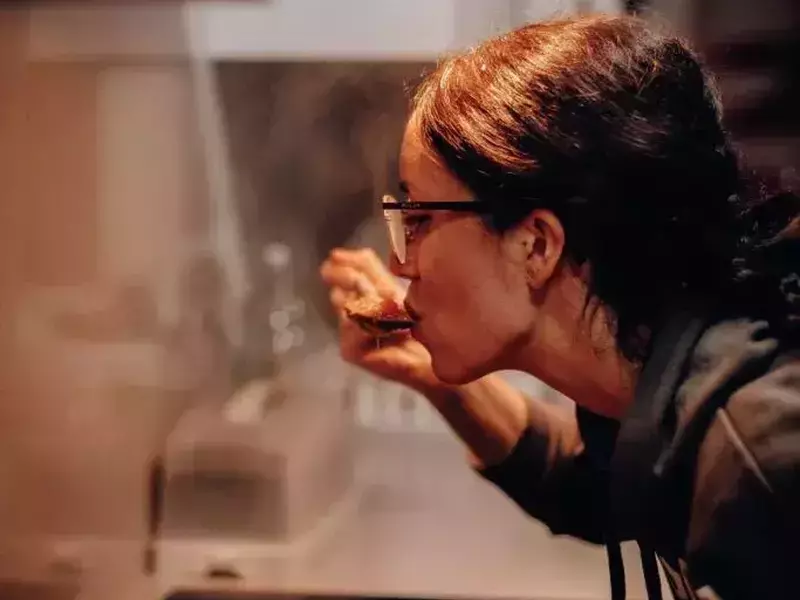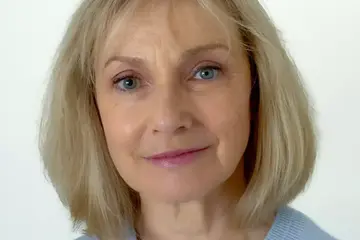
Getting a taste for change
Making change, of any description, can be challenging. And, although life never stops changing, and constantly presents us with that very problem, most of us never learn how to manage it.
But learning how to accept change, and how to make it part of your life is a skill we all need, as necessary to our daily lives as reading and writing. Yet, unlike those skills, no one teaches us how to manage life transitions; there is no ‘school’ of change where we can enrol and work out how to embrace it as part of our lives, as part of our learning.
Well, now there is a solution; it’s called an iOpening retreat. Developed by Caroline Horner, the MD of i-Coach Academy, the retreat takes place over three days during which participants learn how to continually evolve and embrace change, whatever form that change takes. Two coaches encourage and support the group through a learning process which aims to free those who are stuck, help the rudderless find direction and give those trapped in old patterns a new way to think.
However, three days on a retreat is an investment, both in terms of time and money, so in order to help people find out if it is the right thing for them, iOpening offer free taster events: two-hour sessions to share some of their practices and insights. Which is why, on a damp Monday night in March, I sat down in a large and comfortable room, just off Pall Mall in central London, to learn a little more about iOpening and, as a bonus, myself.
The tasters are run by Caroline, Neil and Angela, the three iOpening coaches, and on this occasion we were led by Neil and Angela. Our first task was to introduce ourselves to our neighbour and to reflect on why we were there.
The point of these introductions, Angela explained, was to start us on the four-stage learning process which is at the heart of the iOpening retreat. The four stages are: reflect, release, visualise and plan. By reflecting, with ourselves and others, on who we are, on what brought us to this point, we can start thinking more deeply about patterns in our life so far.
Whereas for many, the work they were doing wasn’t, well, quite working, or had stopped working completely, I was trying to answer a different, and in some ways more pressing, question: should I give up work that I like, in order to find work that I can live on? How, in short, do I make a living from being myself?
The next step, release, can only be taken once the first has really been considered deeply. For example, perhaps on reflection you discover that the values and passions that brought you to this point no longer matter, that you have different, newer ones, or that you need to prioritise something else. Because only by knowing what really matters to you can you work out what to let go of.
We were asked to consider what didn’t serve us anymore, and what was still important.I realised that I held onto a sense that creativity and poverty were inevitable bedfellows, but that means I am not valuing my creativity. In fact, I think no one should have to pay for it. To survive financially, and be creative, I have to let go of that idea. If I consider it is worth investing my time and energy in a project, then why not consider it valuable to others as well?
I didn’t think it would be possible to get very far in two hours, but I came away with several valuable learnings and questions, as well as notes about the event. My journey home was full of a sense of possibility: if I let go of this, what might happen next? It was a shot of great clarity, an uplifting and distilling process.
Just as the decluttering mavens encourage us to let go of clothes that we no longer use or wear, we can let go of behaviours and thought patterns that no longer fit us too. That’s what iOpening’s process is all about.
If I managed to shift ingrained thoughts that I have nurtured for 20 years in two hours, imagine how much you might shift or release in three days? If you want to find out more, you can try it yourself on April 11th: sign up here.



